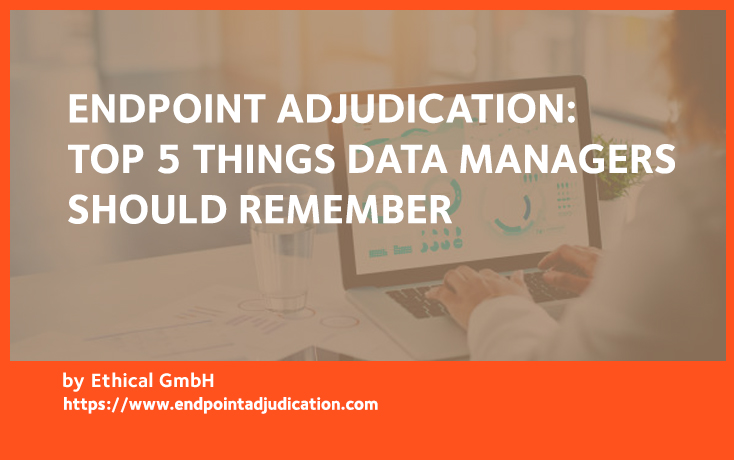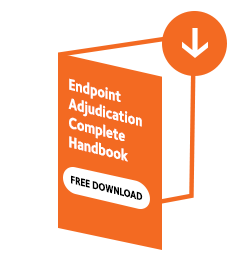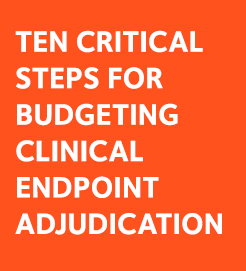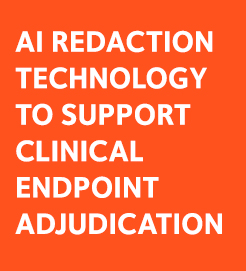Clinical endpoints are supported by data collected during a clinical trial aiming to provide solid and reliable evidence of the efficacy and safety (or lack thereof) of new drugs. Well-defined processes are therefore put in place for the collection, cleaning, and analysis of clinical data that will eventually support the conclusions of the study. However, when clinical endpoints are being adjudicated, an additional source of data is created resulting in additional responsibility for data managers. Below some helpful tips.
Collecting and verifying data – often referred to as “cleaning” data – is a central part of the operational aspect of clinical trials. Well-written protocols, statistical analysis plans (SAP), and well-designed case report forms (CRF) are equally important for confirming or refuting the hypothesis set at the start of the study. Depending on the size and complexity of the study, the volume of data collected can be very large and the cleaning process involving query issuing and resolution can occupy a substantial part of the study resources.But not all data is collected in CRFs. Some are transferred into the clinical database either directly, such as laboratory values, or manually. Endpoint adjudication results fall in this category and data managers have the responsibility to ensure that this data which directly affects the study results but does not go through the stringent cleaning process is of high quality. Below are five critical points that every data manager should remember to check:
Point 1: Check the information provided to the adjudicators. The information sent to the clinical adjudicators expands beyond the data collected in the CRF. The data manager should be aware of all that is provided.
Point 2: Check the incoming data. Review and comment on the nature, units, frequency, and other characteristics of the adjudication results. These can be in a binary form (e.g. yes, no) or have multiple options (e.g. yes, maybe, no), or be more complex in the form of a numeric result with units (e.g. blood pressure > 140 mmHg). The data manager must plan how these results will be inserted into the clinical database and combined with the values of non-adjudicated patients in the same table, and how base values can possibly be replaced.
Point 3: Check the software. If software is used for the management of the adjudication process, the data manager should be involved in the discussions and setup of the tool to ensure that the final output will be in a format that can be easily received and processed. The software must also transmit only final results, following tie-breaking processes or consensus meetings whenever needed. Make sure that this is the case before pushing the data into the clinical database.
Point 4: Check for changes. Adjudication data may change along the way as new information becomes available to the reviewers. While CRF data find their way to replace older information in an automated way, adjudication output may not, or may appear contradictory to previous information. The data manager must have a way to identify the latest information in a clear unambiguous way.
Point 5: Check for mistakes and inconsistencies. CRF-collected data go through a series of automatic and manual edit checks and are verified and confirmed through queries. Clinical endpoint adjudication results, however, do not benefit from such verifications; it is the data manager’s responsibility to check for the correctness of the data imported into the clinical database from the adjudication tool.
As a final note, it is essential for data managers to participate in the adjudication project meetings where they can anticipate as much as possible incoming data and export formats, situations of data changes, and risks of mistakes and inconsistencies. Nevertheless, the data manager being ultimately responsible for the quality of the clinical trial data, the above checks remain necessary.
DOWNLOAD NOW THE FREE ENDPOINT ADJUDICATION HANDBOOK
The Complete Manual / Reference Book (34 pages) with all the topics related to the Independent Endpoint Adjudication Committees Management








